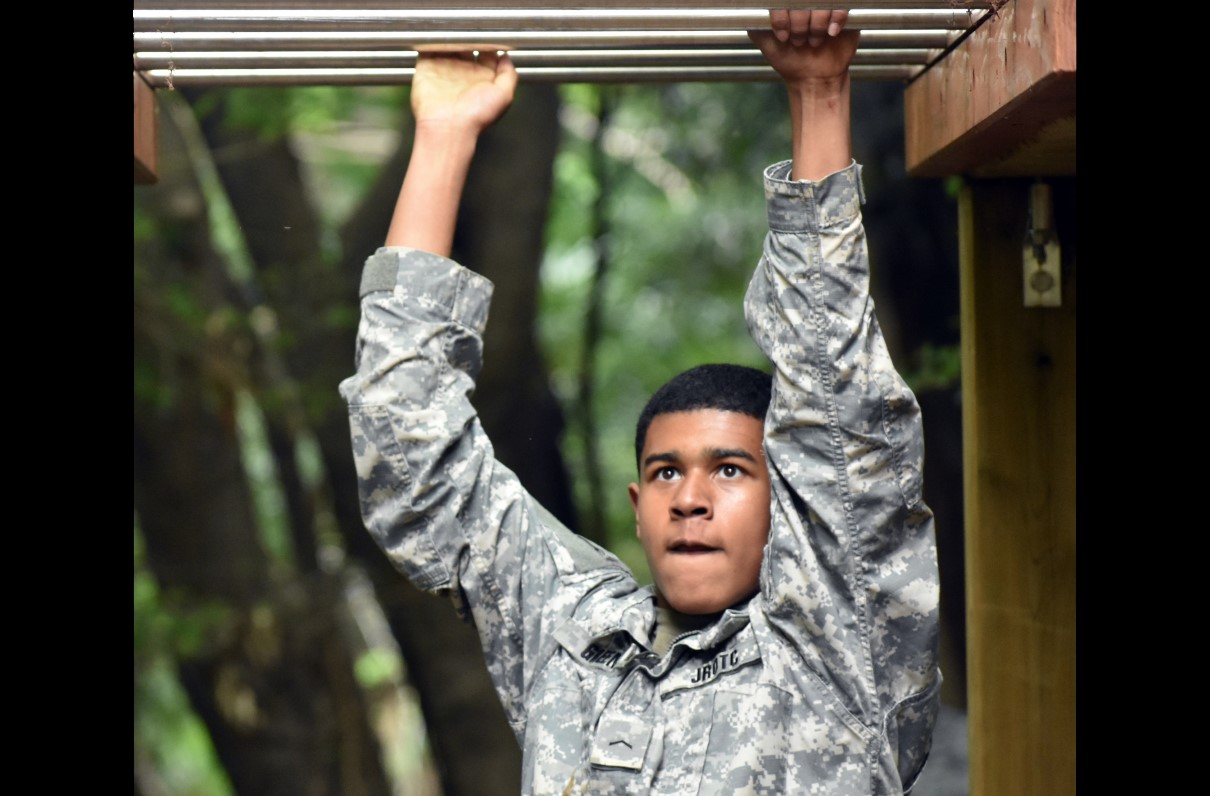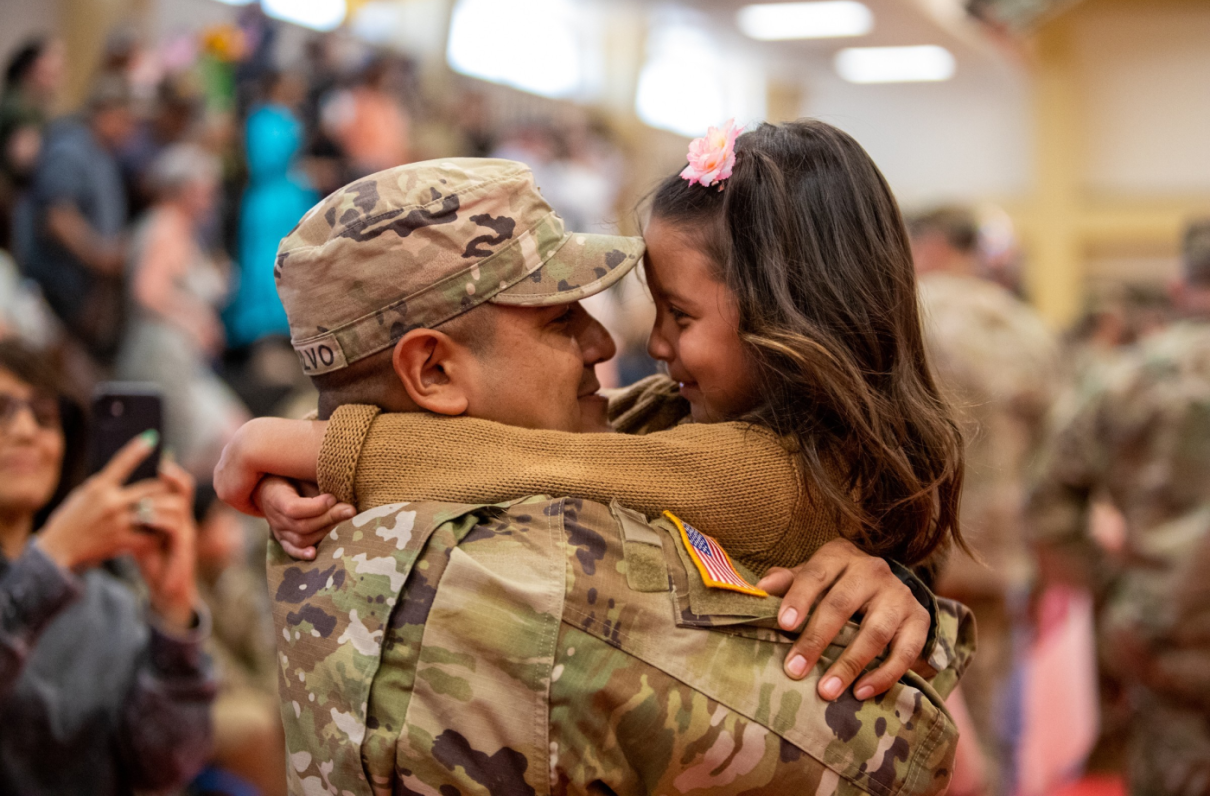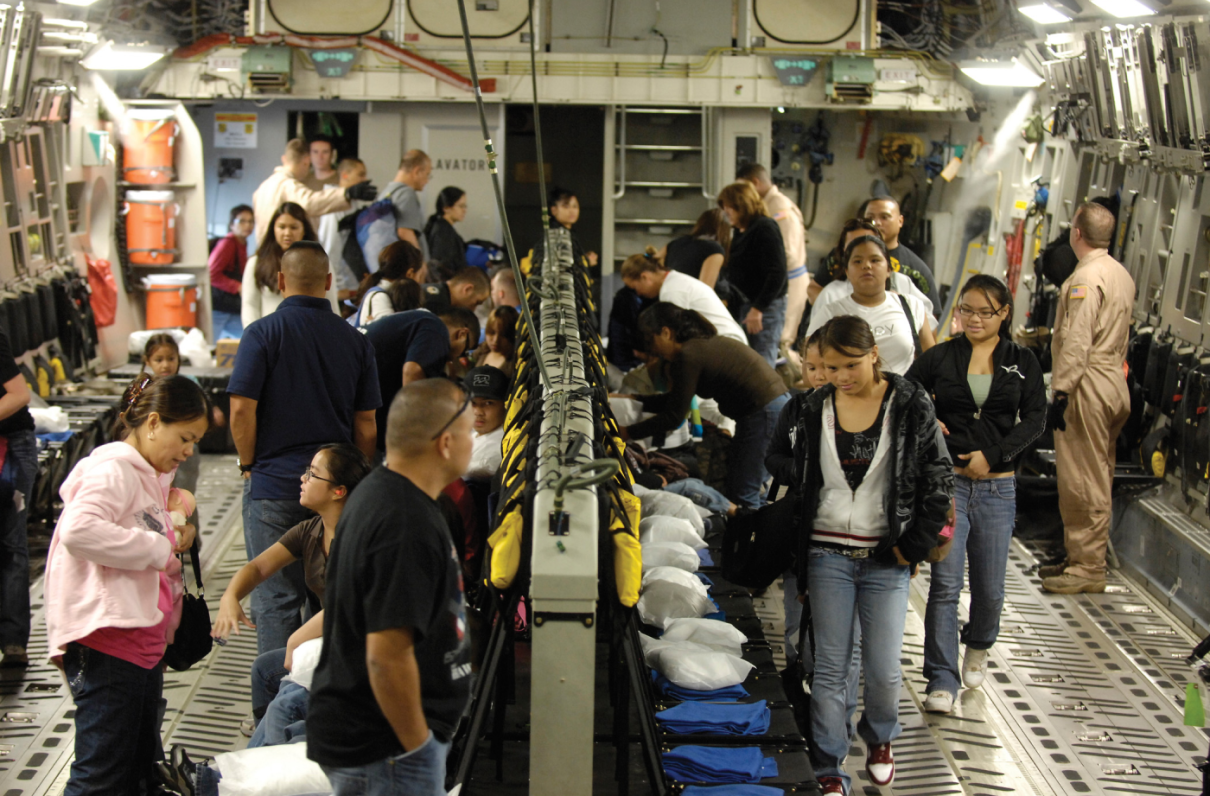Insights from a panel of military teens – backed up by alarming results from a recent survey – gave attendees at last week’s National Military Family Association (NMFA) State of the Military Family 2022 Summit a look at the unique challenges faced by this community.
Military leaders, policymakers, military families, and other stakeholders gathered for the April 19 event to discuss a variety of topics, including military life throughout a global pandemic, the end of a decades-long war, and the impact of it all on military-connected children.
Secretary of Education Miguel Cardona spoke about his department’s efforts to increase support for military-connected students, starting with a letter addressed to all state superintendents highlighting the importance of adhering to the Military Interstate Children’s Compact and finding ways to support military children in ways that go beyond the classroom.
“Military-connected teens grow up learning how to roll with the punches,” Cardona said, “but that doesn’t mean they shouldn’t have all the support they need,” which could include early enrollment to ensuring student-athletes have opportunities to participate in extracurricular activities.
[RELATED: Member’s Organization Helps Military Teens Learn to Fly]
NMFA was joined by co-founders of Bloom: Empowering the Military Teen, Elena A. and Matthew O., and several Bloom team members to drive home the key takeaway: We need to listen to our military teens and collaborate with them to enable their successes in life. The teens spoke passionately about their individual experiences, brought to light the unique challenges their community faces, and recommended ways we can support them.
Participants in a military teen panel shared gratitude for the opportunities provided by the military experience – travel, experiencing different cultures, and making new friends – but made it clear there are struggles. The Military Teen Experience surveyed over 2,000 military teenagers and found some alarming results:
- 42% of respondents experience low mental well-being, while 45% reported moderate mental well-being.
- 36% of respondents expressed food insecurity, while 28% reported experiencing food insecurity at some point in their military life.
[RELATED: ‘We Just Can’t Pay for It’: Help MOAA Rein in TRICARE Mental Health Costs]
Frequent moves result in a lack of connectedness which directly contributes to well-being. The average military kid moves six to nine times before graduating from high school. Parents can help ease these transitions by encouraging their children to get involved in the local community. Army teen panelist Mia Burgos recommended to “use everything you’ve learned to your benefit, get involved even if you know you’re going to leave because it’s so valuable to make those connections.”
Data on military teens demonstrates food insecurity and mental well-being are significantly related. The MOAA-supported Basic Needs Allowance included in the FY 2022 National Defense Authorization Act is a step forward toward addressing food insecurity among military families.
Johnnie Johnson, a former NFL All-Pro and founder of Moving Families Initiative, emphasized the “challenges and discomforts” of frequent relocations and how they can be relieved by engaging in activities such as debate club or sports – not only to make connections, but to learn life lessons and establish strong friendships.
[RELATED: Military Families Still Struggling With Mold at Privatized Housing]
The most surprising element from the Military Teen Experience survey is that military teens of today are the future force of tomorrow. A 2019 DoD poll indicated only 13% of Americans ages 16 to 24 are likely to serve in the next few years, while NMFA’s survey showed an astounding 65% of military teens plan to serve in the military. The future of our all-volunteer force depends on the policy and program solutions developed to provide these military teens with the support they’ve asked for and need.
The Families OverComing Under Stress (FOCUS) program provides resilience training to military children, families, and couples. This program teaches practical skills to help participants overcome common challenges associated with military life and builds on current strengths to effectively communicate, problem solve, set goals, and create a shared family story.
At Edwards Air Force Base, Calif., Christeen Greenwell, an airman, military spouse and mother of a teen, founded a resiliency program for teens titled Support, Outreach, Action, Resilience (SOAR) following two teen deaths by suicide in 2020. Greenwell started this program to fill a void and provide tools and resources directly to military teens. While this program is local to those stationed at Edwards, Greenwell wants to see the program expand.
“We can’t ignore the challenges military teens face,” said Patty Barron, deputy assistant secretary of defense for military community and family policy. “It’s time to bring military teen voices to the forefront.”
Making a Difference in Military Life
Military spouse blogger Mrs. Navy Mama shares her support of MOAA’s efforts to help military families and how you can get involved.



